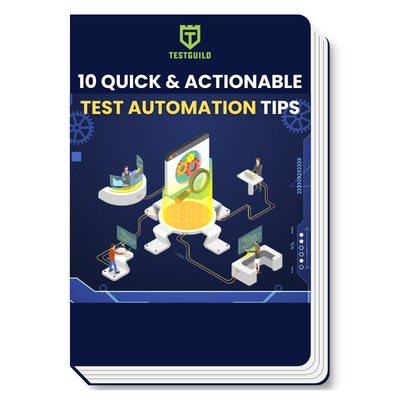
Shashikant Jagtap
Twitter: @Shashikant86
LinkedIn: shashikantjagtap
Website: shashikantjagtap.net
Blog: blog
Dzone: Shashikant86
Session Preview
Shashikant is passionated about DevOps practices for mobile apps specially iOS. He works on implementing DevOps, BDD CI/CD, Release Automation for platforms. Shashikant's tech toolbox include Swift, XCTest, XCUITest, Xcode Server, Fastlane, Ansible and experiened in setting up self-hosted or cloud-based CI for iOS apps. He is author of XCFit open-source Tools which supports BDD in Swift for iOS apps. He is tech blogger @XCblog and write about iOS Development, Testing and DevOps.
Session - Hands On XCUITest for iOS apps
Jan 08 4-4:55PM
User Interface Testing of iOS app was never easy. In order to replace army of manual testers, various tools like Appium, Calabash came in picture which are just wrappers on top of Apple’s native technologies like instruments and UIAutomation to prove the point of automated simulators. Those tools allowed QA engineers to write a script in other programming languages like Ruby, Java, and so on. However, this approach proved more damaging to iOS development than good. The QA engineers use Java or Ruby to automated UI tests and developers keep developing in Objective-C or Swift. This produced huge technology gap between developers and QA engineers. There are millions other problem using those tools for testing UI of iOS app.
Apple introduced UI Testing framework embedded in Xcode IDE which is also known as XCUITest in WWDC 2015. The XCUITest framework enabled UI Tests to be written Swift, Apple's own programming language which can be understood by both QA and Developers to bridge the technology gap. In this hands-on demo we will see how to get started with XCUITests.
Overview of XCUITest Framework (15 Min)
Practical Demo (30 min)
Practical demo covers following :
1] Setting up Example iOS project
2] Create UI Testing target within XCode
3] Exploring XCTest API's to write UI Tests
4] Create our own UI Tests
5] Making UI Tests Scalable
6] Executing & Analysing UI Tests from Xcode
7] Executing UI Tests from command Line
At the end of this talk, you will have an understanding of XCUITest framework and should be able to write your own tests by using XCUITest API.


